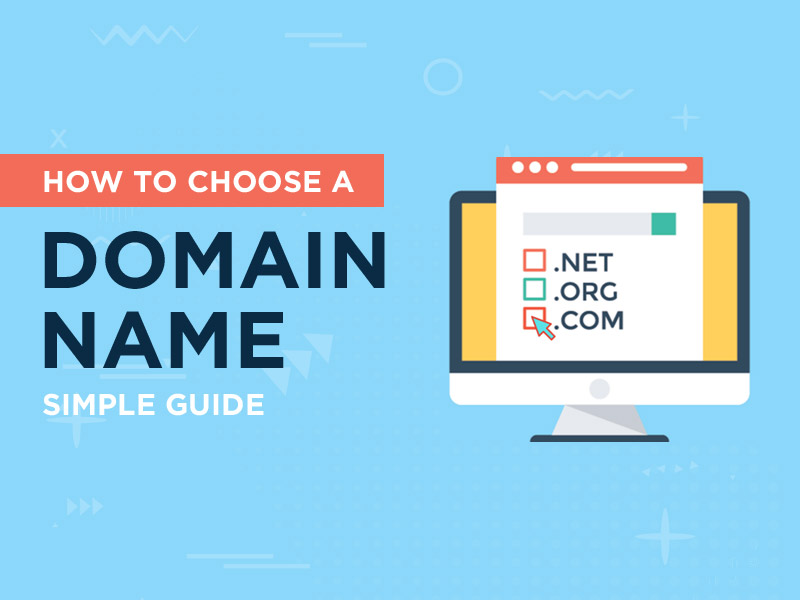Tips And Tricks For Choosing A Web Host

Many people are familiar with the idea of web hosting, but not everyone knows just what it entails. Web hosting allows users the server resources that make it possible to create and run a website. To find out more about web hosting and which service would be best for you, check out the following article.
Find out which kinds of sites your web host offers. Some free sites only offer pages that are static, which won’t allow you to write any of your own scripts. If you cannot find the kind of dynamic scripts you want to use, look for a paying plan instead.
Select a web host that has infrequent outages. If a company faces frequent outages and is constantly making excuses, it is a red flag that they are unreliable, or they would have made plans to remedy the situation. These outages indicate a lack of professionalism and adequacy; avoid these providers at all costs.
Web Host
If you end up finding certain parts of your web hosting services to be unfavorable, keep researching for other host sites. That way, if the problems end up to be deal breakers you can quickly switch to a new web host with less interruption in your plans than there would be if the web host server crashed all together.
Make a list of priorities prior to choosing a web host. Carefully consider what you need and want in a web host, and compare each potential provider to your list. Use your list to make sure you are choosing the web host that is right for your needs.
Once you have selecting your web hosting company, you should opt to make payments on a monthly basis, as opposed to committing to a longer period of time. You don’t know how long the web host (or even your business) will stay open. If you become dissatisfied with service or your site grows too big for the host to accommodate, you would lose the money you had already paid to the service, unless the host decides otherwise.
Choose a web hosting company that provides the space you need for your website to grow. While a simple HTML page is small, as soon as you begin adding pictures, video, or other media, the size can balloon quickly. Make sure that you have access to at least 100 MB of storage, which should allow you plenty of room to grow and develop your website.
Choose a website hosting service, which provides detailed information about your website, such as the number of visitors you receive and how long they stay on your site. Add your own visitor counter on your site, and compare your visitor count to the one provided by your host. If you have an online business, use this information to adjust your methods to your audience.
When looking for a host, research online aside from reading their promotional ads. Find comparison websites and check out reviews to get a clear picture of the host’s quality of service. Reviews from customers outside of the host’s site can often give a good indication of the quality you can expect.
Try and find an online host that uses the cPanel control scheme. Control panels allow you to easily and quickly install popular features on your website. CPanel is intuitive for a novice website owner and simplifies the process significantly. On top of that, it will improve the efficiency in how you manage your website.
Email Service
Talk to a potential host about email service. This information is especially important if you plan to set up multiple email accounts via your domain. Ideally you should look for one that uses POP 3. This email service can be linked to your domain name, and accessed from multiple vantage points on the Internet.
Different web hosts will offer different services, depending on whether they operate on Windows or Linux. This means you’ll have access to a lot of different features and you need to get used to using them. Linux, generally less costly to run than Windows, may lower your site’s monthly bills.
Before settling on a web host, look into the safety and security features it offers. Make sure it’s a very strict service that can protect against hackers getting access to your information and site. The better host providers will have consistent server backups.
Hosting Company
Make sure you look at a web hosting company’s site very carefully before you sign up with their hosting plan. A good hosting company website contains information about the features offered and how you can use them to make your website stand out. Find out if you will have access to more resources and perhaps tutorials once you become a client.
Some hosting services offer refunds if your site is down. This usually does not amount to much even though the sales you lost could have a real impact on your business. You should be looking for a web host that offers better uptimes rather than offering refunds.
If your website experiences growth, you will most likely need to upgrade services from your host provider. Inquire as to how fast and how smoothly upgrades are implemented. A good host should be able to increase your available bandwidth quickly if not instantly. You should also be able to quickly and easily upgrade your server from shared to dedicated.
As you have read, a web host is crucial to the running of your own web site. We wish you success in your efforts to find a hosting provider that works for you.
Comments are closed.